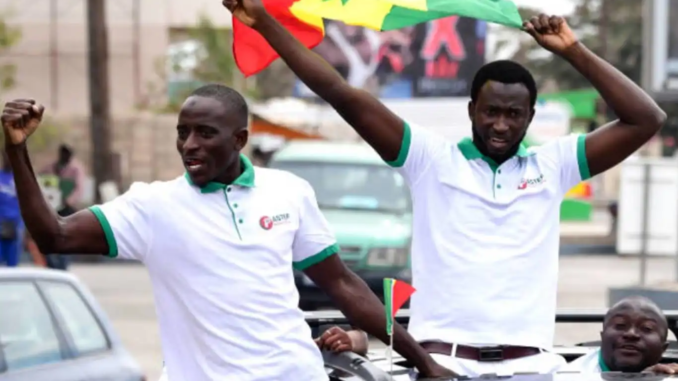
Senegal has concluded its parliamentary elections as President Bassirou Diomaye Faye seeks to secure legislative support for his ambitious reform program. With over seven million eligible voters participating, the contest will determine the composition of the 165-seat National Assembly for the next five years.
Faye, who achieved victory in March’s presidential election, dissolved parliament in September after opposition resistance hindered his government’s initiatives. His agenda emphasizes economic transformation, social justice, and anti-corruption measures, targeting high inflation and unemployment.
The government’s reform plans, led by Prime Minister Ousmane Sonko, include reviewing hydrocarbon contracts and strengthening national sovereignty. However, implementation has faced obstacles from the opposition-controlled parliament, prompting these snap elections.
Historical voting patterns suggest Senegalese typically align parliamentary choices with presidential preferences, potentially favoring Faye’s Pastef party. The main opposition comes from an alliance including former President Macky Sall’s APR party.
The election occurs amid economic challenges, with the government revealing a larger-than-reported budget deficit affecting a $1.9 billion IMF program. This parliamentary contest represents a crucial moment for Senegal’s political and economic future as the nation seeks stability following earlier electoral turmoil.
